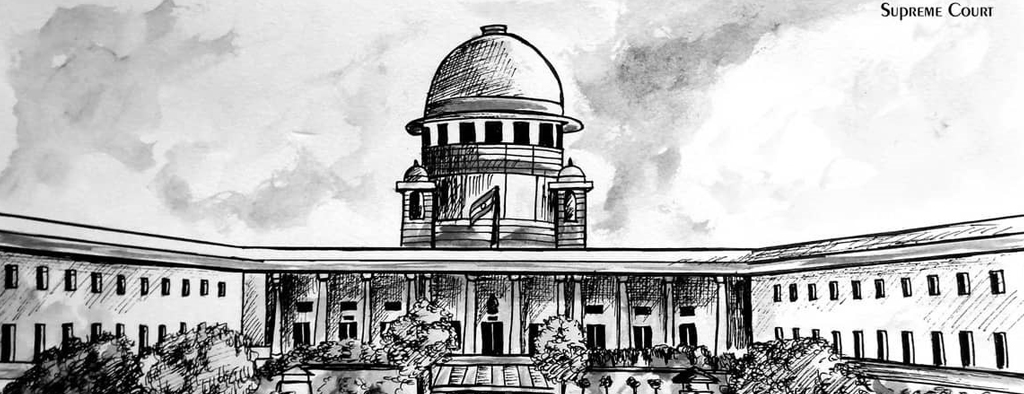On February 13, the Supreme Court overturned the temporary protection afforded to officers of Indiabulls Housing Finance Ltd. in a formal complaint filed in response to the Director of Shipra Estate’s complaint, and the Enforcement Directorate’s ensuing inquiry. The criminal procedures were stayed by the Allahabad High Court last year, shielding the policemen from arrest. The High Court’s decision to halt the probe was sharply criticised by Justices Bela M. Trivedi and Prasanna B. Varale, who comprised the Division Bench. According to the Bench, the contested decisions were made “in the teeth” and “with complete disdain” of the directives given in M/s Neeharika Infrastructure Pvt. Ltd. v. State of Maharashtra. The Supreme Court had warned the High Courts in Neeharika not to issue directions not to arrest or to adopt “no coercive steps to be taken” while the inquiry was ongoing.
“Without elaborating any further, suffice it to say that judicial comity and judicial discipline demands that higher courts should follow the law. The extraordinary and inherent powers of the court do not confer any arbitrary jurisdiction on the court to act according to its whims and caprice.” the Court added.
According to a summary of the charges, IHFL approved 16 credit facilities totaling Rs. 2,801 crores for the Shipra Group and Borrowers between 2017 and 2020. But Shipra Group neglected to pay IHFL back for the loan. IHFL thus held an auction of the Shipra Group’s assets, namely Shipra Mall. After placing the highest bid, Himri Estate won the mall. A man named Mohit Singh, who represents the Shipra Group, filed several false police reports (FIRs) against the officers of Himri Estate Pvt. Ltd. and IHFL, claiming that the sale of Shipra Mall was unlawful since it was done at a lower price. For the State, the sale had resulted in a significant loss of revenue. Furthermore, it was claimed that IHFL had falsely represented the Shipra group as defaulters in order for them to pilfer the Group’s properties.

Importantly, the Indian Penal Code of 1860’s several clauses were the target of the FIRs that were filed. The Directorate of Enforcement (ED) filed an ECIR based on these FIRs in order to look into money laundering offences in accordance with the Prevention of Money Laundering Act of 2002. This infuriated the concerned authorities, who went to the High Court to request the quashing of the FIR and any further actions related to the money laundering case. The case concerned financial activities, according to the High Court: the loan, the defaulter’s failure to repay it, and the subsequent auction of the defaulter’s assets. The ED chose to prioritise this appeal over the previous one. The High Court had issued general directions prohibiting the arrest, according to the Top Court, among other things, when it passed the contested ruling. The accused did not plead for anticipatory bail, according to the court, thus the same could not have happened.
The case of State of Telangana v. Habib Abdullah Jeelani and Others was cited in support of this. The directive not to arrest the accused or use coercive measures against the accused would be equivalent to an order of anticipatory bail, the Supreme Court stated in that ruling. The Court determined that the contested ruling went against the established body of legal precedent. “Without undermining the powers of the High Court under Section 482 of Cr.PC to quash the proceedings if the allegations made in the FIR or complaint prima facie do not constitute any offence against the accused, or if the criminal proceedings are found to be manifestly malafide or malicious, instituted with ulterior motive etc., we are of the opinion that the High Court could not have stayed the investigations…,” the Court reasoned. The Top Court invalidated the contested order on these grounds. The ruling made it clear that the aforementioned findings have nothing to do with the merits of the next case that the High Court will hear.


